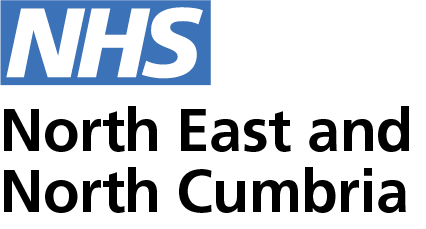National Health Service North East and North Cumbria Integrated Care Board and your general practitioner (GP) use information about patients to give better care and improve services.
Your data helps:
- Plan health and care services for your local area
- Support your general practitioner (GP) in giving you more personal care
This process is called risk stratification.
What is risk stratification?
Risk stratification looks at patient information to spot who might need extra help or plan services for the community. In our area, it is used in two ways:
- Finding people who may need support (case finding).
- Planning National Health Services (commissioning).
This involves looking at things like age, gender, health conditions, and hospital visits. National Health Service England collects this information from National Health Service hospitals and community care services and links it with data from general practitioner (GP) practices to understand health needs better.
Can I choose not to share my data?
Yes, you can opt out. But this might mean your general practitioner (GP) can’t provide the same level of proactive care for you.
